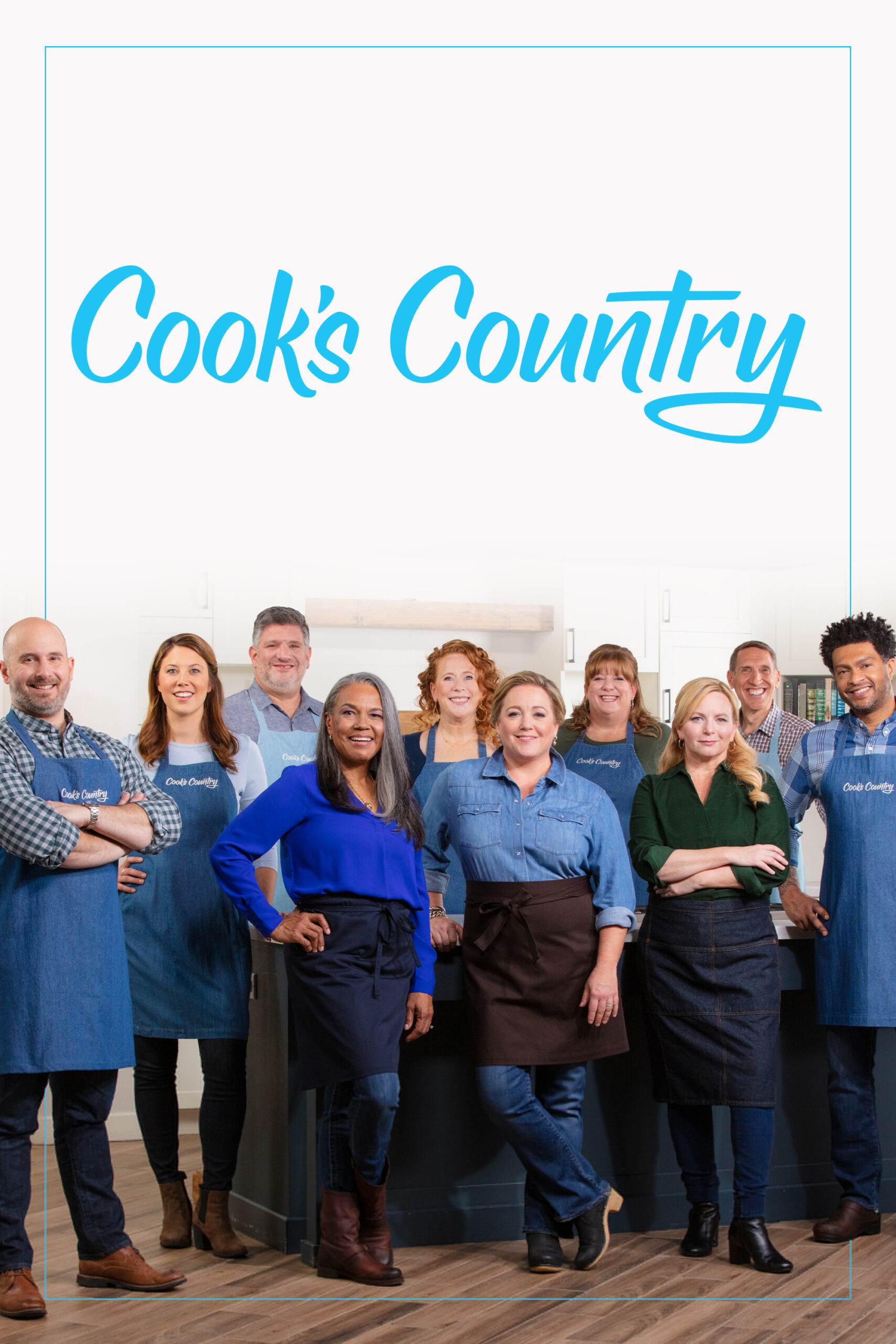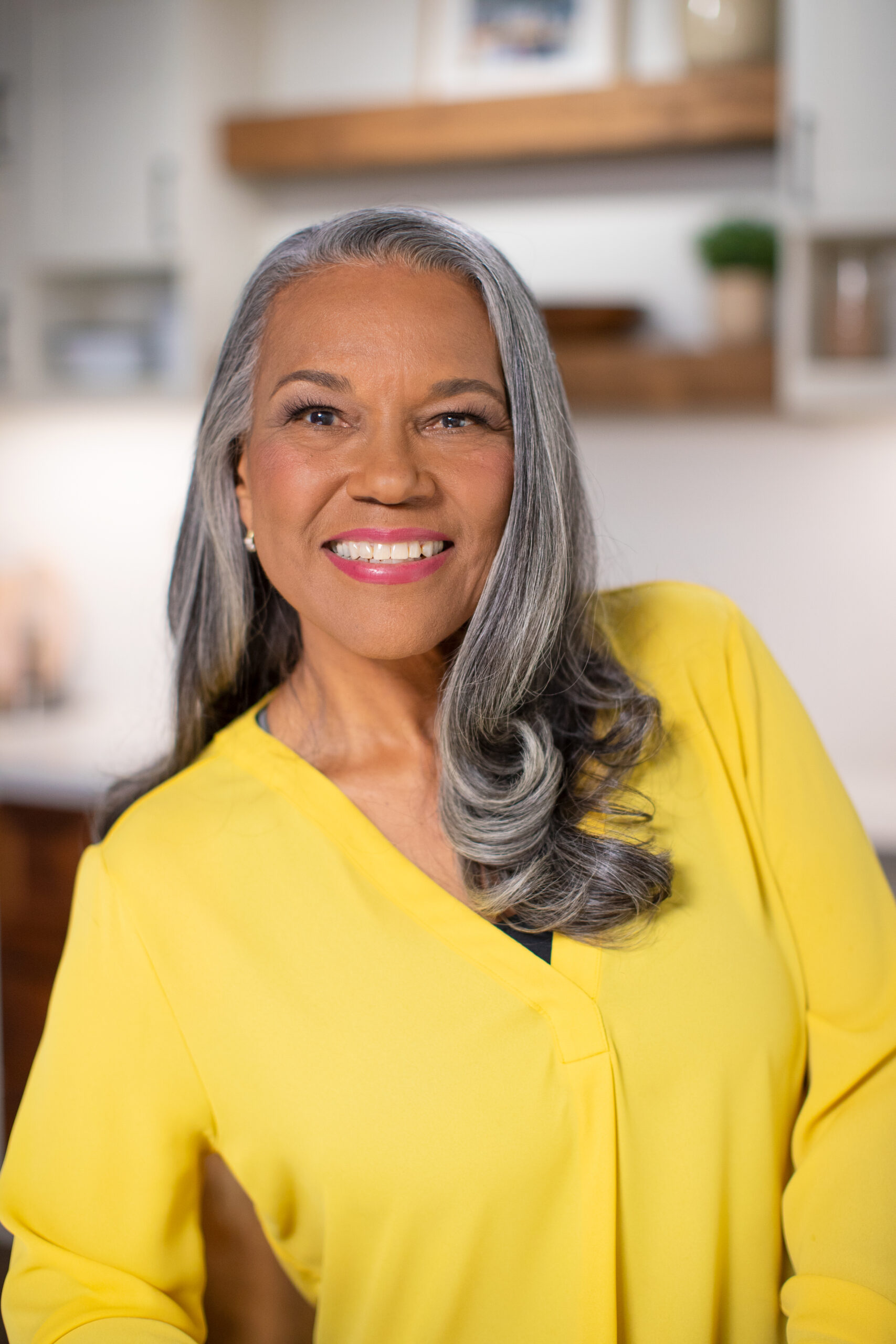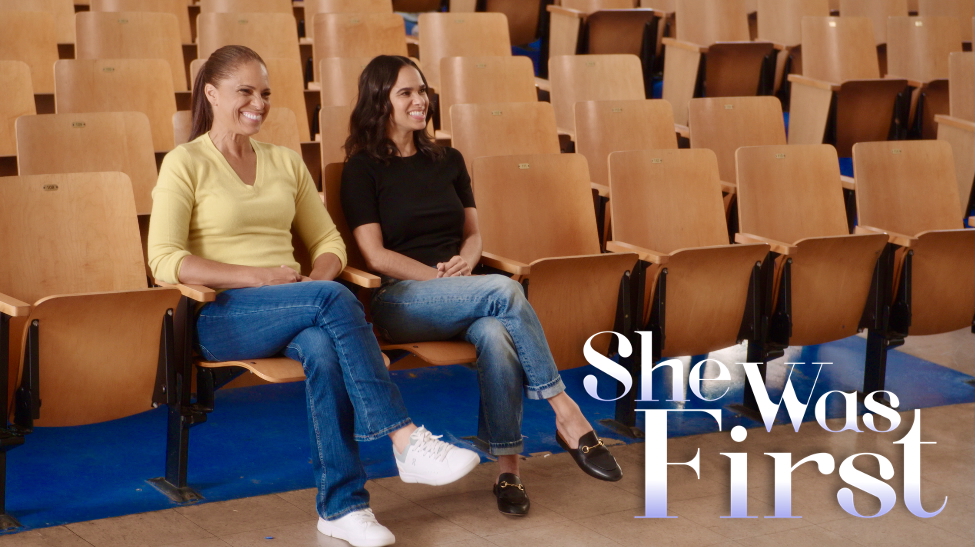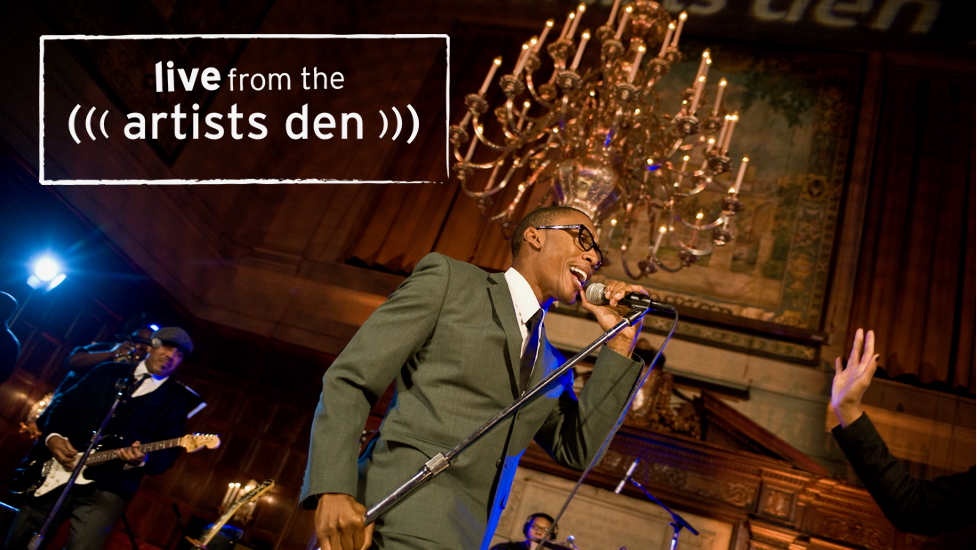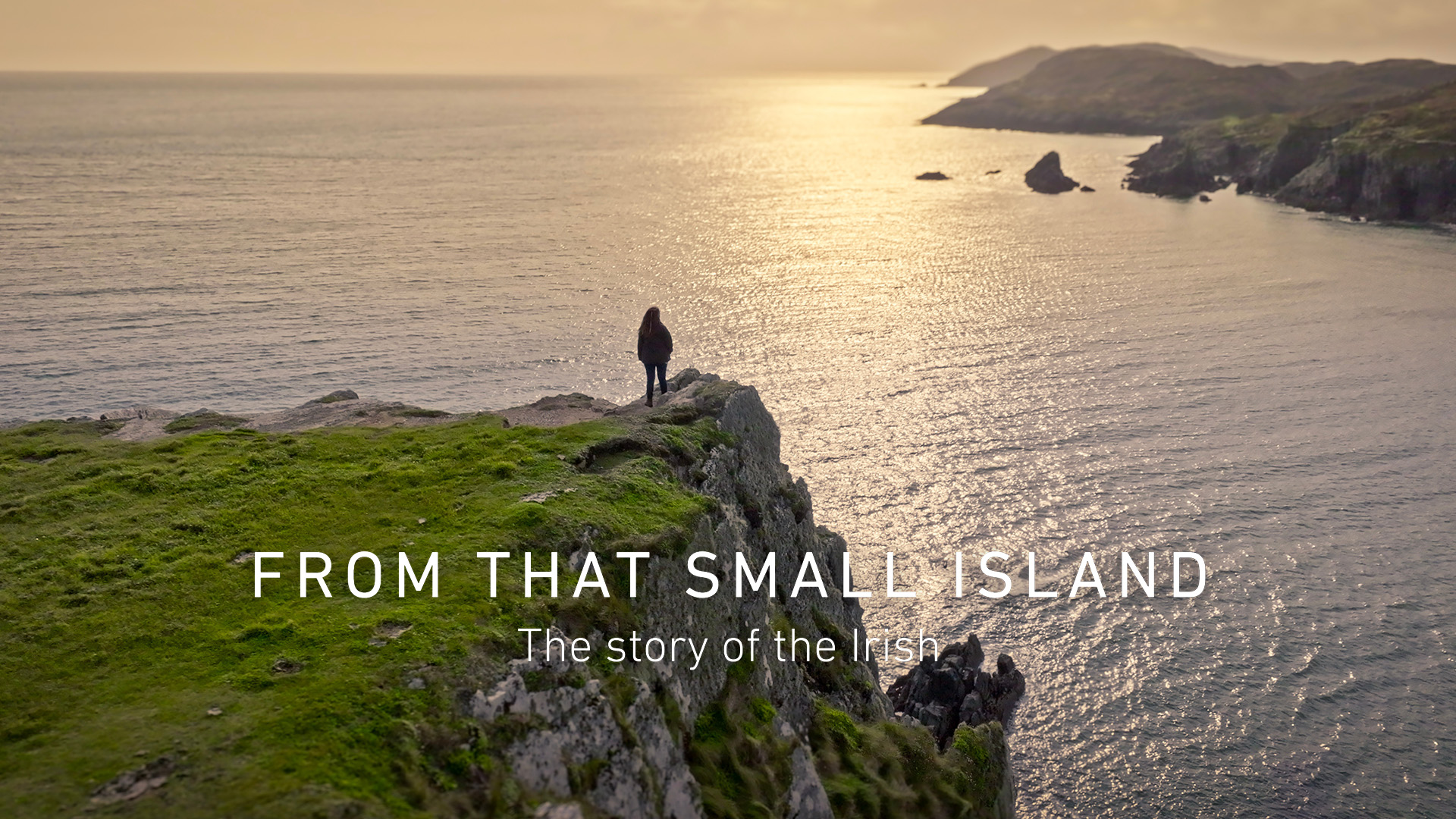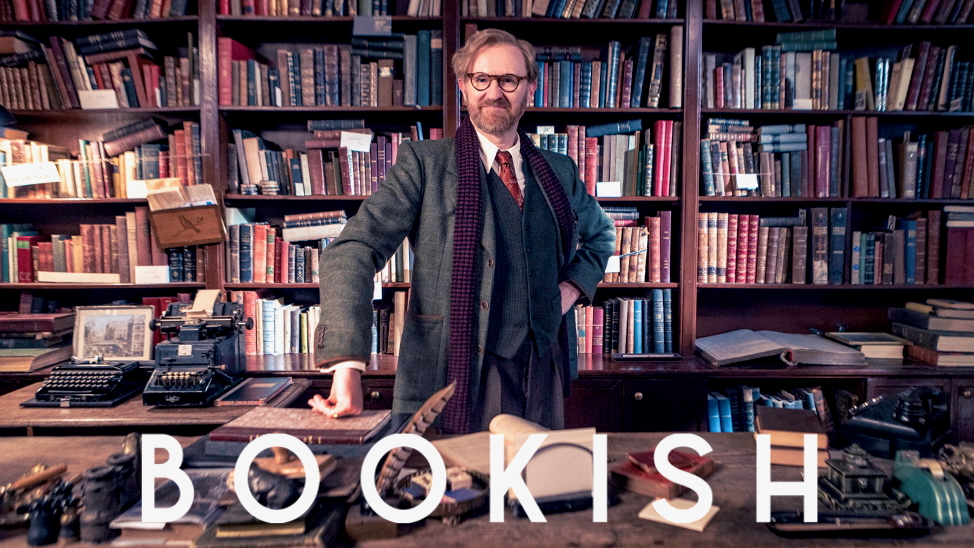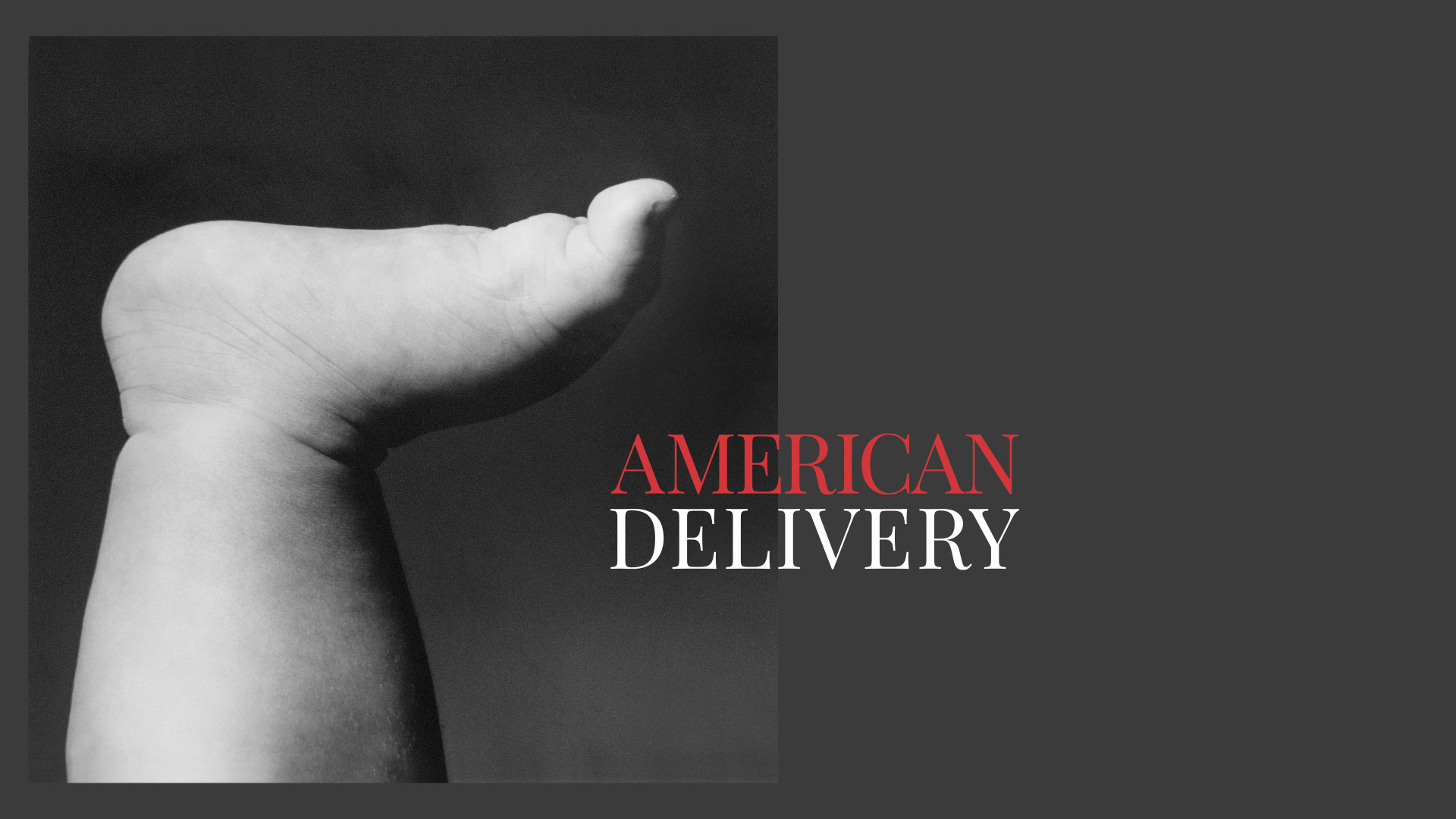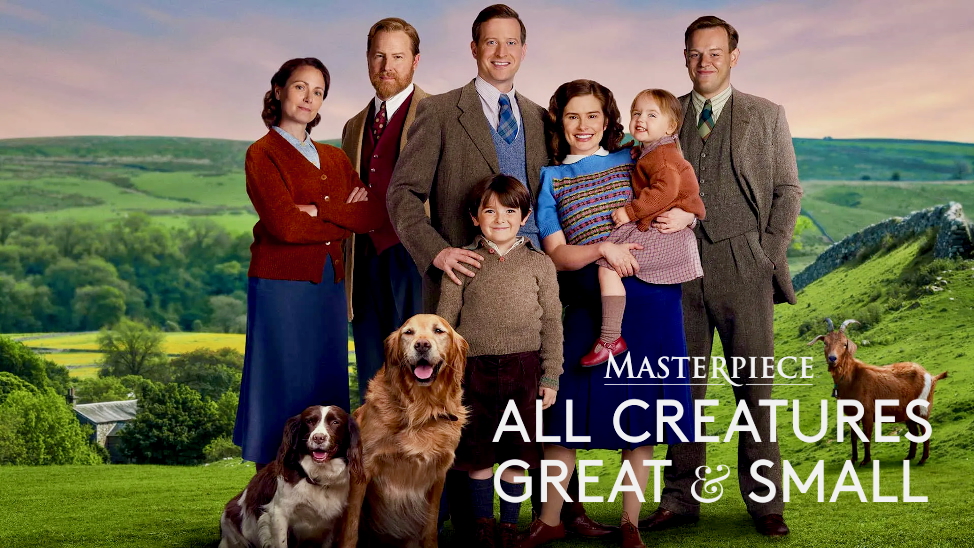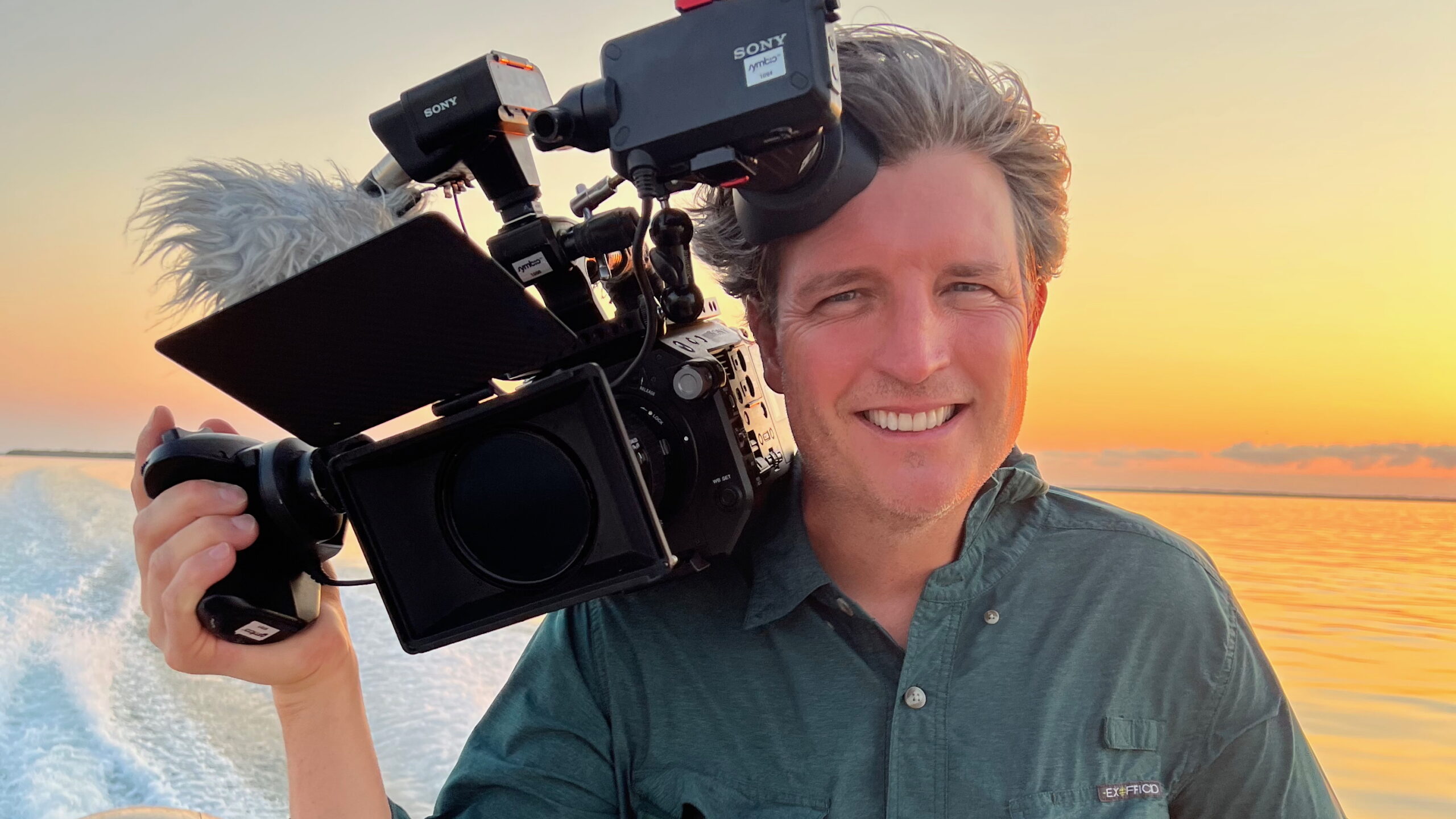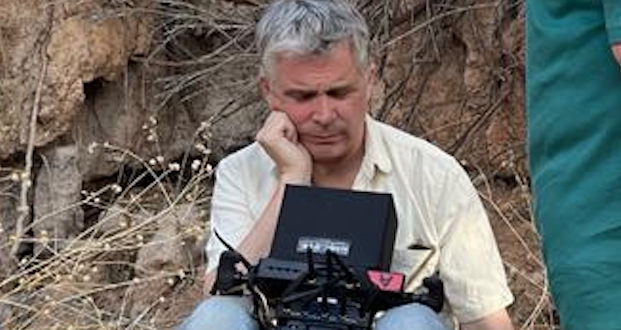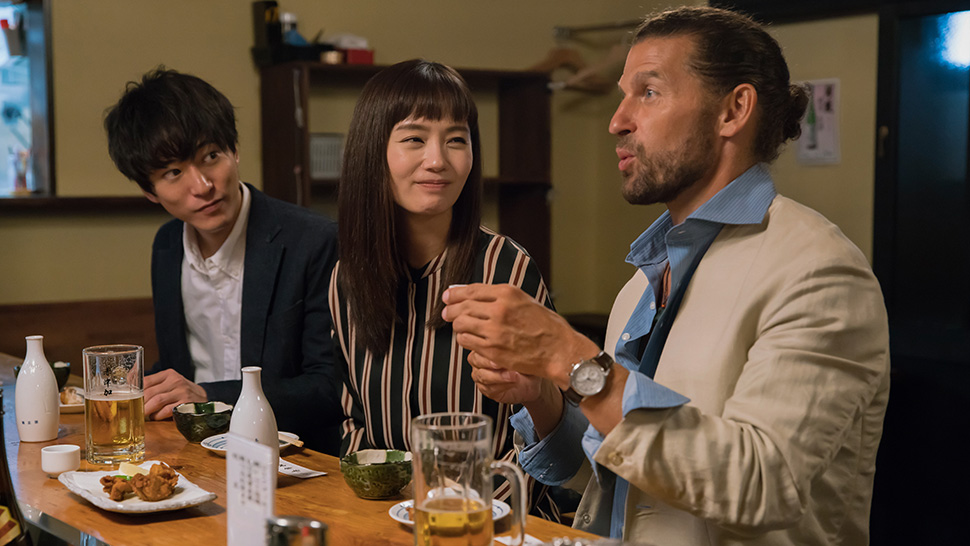Take an enthralling journey into the culinary world with Toni Tipton-Martin, a trailblazing cookbook author and the new editor-in-chief of “Cook’s Country”. Hailing from Los Angeles, Tipton-Martin has dedicated her career to amplifying diverse voices in American cuisine. From her early days at The Wave newspaper, to receiving the prestigious 2021 Julia Child Award, Tipton-Martin’s story is one of passion and perseverance. Join us as we delve into her fascinating journey, from memories of Julia Child to her latest role at “Cook’s Country”, and discover her affection for the vibrant city of Los Angeles.
Toni, what do you hope to accomplish with your new role, as part of the “Cook’s Country” team?
Establishing, creating and managing the vision for the brand, so I’m applying the same type of rigor in my professional work life to the evolution of “Cook’s Country“ from being primarily a recipe-driven project to one that also has important aspects of journalism.
You’re more a food journalist than a chef, so how did the opportunity to join “Cook’s Country” come about?
“Cook’s Country” was looking for a new editor-in-chief, and the role I have pursued in my career is celebrating the uncelebrated cooks behind the foods that America loves. In my private life that has been African-Americans, but at “Cook’s Country” I’m able to expand that to the broader community and talk about all people, so it was a great matter of timing.
Are you responsible for researching facts about the recipes featured on the show; is that part enjoyable?
There’s a whole team (laughs) of researchers and yes, we have the recipe subject matter and then look for the story behind it. We have been trying to work with the team to understand the importance of reaching beyond the first page google search. And that I’m not trying to make mini scholars and even journalists, because they are chefs by training, but there are some essential practices that they’re able to utilize so that we can deliver not just the how and why of cooking, but the other four W’s – who, where, when, what.
What are some of the most interesting things you’ve learned in the process?
I’m accustomed to speaking at a podium with prepared notes. The idea of shifting from a journalist behind the research, but not out in front necessarily, and becoming TV talent has been the most challenging but also a fun and exciting part for me, because the rest of it is what I was doing anyway.
When you joined Cook’s Country, you were behind a desk giving us background on these American dishes. How did that evolve to you joining the cast on set as a host?
I came onboard during the pandemic, so at that time everyone was filing direct to camera in their own spaces. We weren’t in the studio. So it wasn’t that strange for me to be filmed in my natural habitat. I’m a writer, I’m a researcher, I’m a speaker, but I’m not a chef. And those are the elements that I planned to insert into the brand generally speaking. So, that was the place we started, in the library, and it was a way for viewers to become accustomed to the idea that recipes have a story. Recipes don’t make themselves. Something I was fond of saying in the beginning to help people understand what it was we were actually after. The ATK Cook’s Country brand has done a really good job of explaining the rigor behind the recipes that we provide to the consumer so that they are failproof. But what we haven’t done so much is talk about the sources where we obtain the inspiration for our recipes. So, introducing a library as the first point of entry is how we tell people we start in a library. And then, gradually, my vision is that there’s not great separation of the two. My ultimate vision for the show is that we are talking about food and history and people as part of talking about technique. That’s becoming more and more evident the more segments that I appear on the show, as a host.
What occupies your time when you are not on the show?
I have a staff of 13 so I’m establishing the vision, and then throughout the day I insure that stakeholders, through their products and their lines of expertise, are keeping pace with that vision. So that if it’s Mardi Gras and the social team is accustomed to presenting more of the types of posts that are about product reviews, or techniques and showing hands and pans, and cooking, and doing things, my job is to remind everyone that we also want to talk about the origin story in these posts, or in whatever the aspects of the digital products are. We have magazine, we have digital presence, we have social, we have two series that we’re working on; we have one that’s already in production. We have a book that’s in production and expected out this fall.
The other show? You’re not talking about “America’s Test Kitchen”?
I’m only talking about “Cook’s Country”. In the magazine, there has been a long standing feature called “On the Road” and “On The Road” was the place where this kind of transparent journalism sourcing took place in that Bryan Roof traveled and he went to different places and came back with the story. So we have begun inserting those into the television show because it’s the same continuity that I’m talking about. It’s not new, we’re just being more contemporary in our delivery of the content, so we have segments now on the show that capture the video they’re taking while he’s on the road. And we also have a YouTube series based on “On The Road”.
Life is about finding and living our raison d’etre, and you really found yours, a niche which is giving a voice to black female chefs from the past. How did that come about; from your work as a journalist?
It was part of the work from the very first day. I worked as a college student at a small weekly newspaper in Los Angeles, where I’m from, and because it was a weekly in a black neighborhood, obviously the stories that I would be working on were about people of color and I discovered that this big food industry world that I had entered as a college student had neglected the stories of the people who have made major contributions to American culinary experiences. I wasn’t always able to act on that knowledge and I’m not sure it even really revealed itself fully as a passion until I had more power as an editor, by leaving L.A. I had some ability to deliver these stories through Ruth Reichl because she was more open-minded than my previous editor, but the timing for Ruth arriving in the food department occurred at about the same time that I was invited to be the food editor in Cleveland, so I’d only worked for Ruth for a short time. She taught me some every important values to carry, along with trying to pursue this work in an environment where the material wasn’t really appreciated. Then I carried that into the Plain Dealer in Cleveland.
Do you ever worry you will stop finding these unheard voices from the past, given that so much of it isn’t documented?
No, because my work regarding African-Americans is very tightly confined to the voices that have been published through cookbooks. So I’m not a historian of all African-American cooking, I’m a historian of cookbooks and only my collection of rare black ones. So I use that as a primary source to validate any observations that I’m making, so I can mine those books over and over again looking for value, which is how I ended up having a book on cocktails right now in the marketplace, because I just went through and pulled all the cocktails. The next book can be about vegetables, the next could be baking, the next could be side dishes. I could go on and on within that context. But in my work for America’s Test Kitchen and Cook’s Country, since I’m talking about the people behind American food, that is an infinite number of people, there are so many pockets and communities, where a style of cooking of an ethnic community has not been appreciated for the contributions that they’ve made because they don’t necessarily fit into the tenets of classic French cooking. So my team can go on and on with big ambitions to tell America’s hidden stories. And it’s actually what’s happened since I started; people are doing it now, Vivian (Howard) had a story on the south, there are people now talking about the origin stories of recipes in ways that we didn’t before.
What is the feedback you’ve received about these stories, these unheard voices that you bring out into the world?
My books are bestsellers and award winners, I think the Cook’s Country community is still adjusting, learning. I don’t get a lot of feedback because it’s still primarily a brand focused on recipes.
When you go on book tours, are the cooking show fans you meet different in different parts of the country?
They’re all watching the same show, so they’re the same people that have the same passions for recipe development wherever they’re from. That’s the beauty of having a magazine such as ours, you can make sure that there’s a little something for a large number of people. So we have weeknight accessible recipes, we have some stories that you can read that are a little bit longer, a little more informative. We have historical sidebars that tell you the origin stories. If you look at the magazine carefully, you’re able to see the ways that I’ve begun to insert that same philosophy into the show so that the cast has a new way of looking at recipes and talking about them; so that it’s not just about the adaptations and what we’ve created in the test kitchen.
What’s the most frequent question you get from viewers, readers?
The most popular question is – How do I find my cookbooks? How do I find my sources? And as a journalist I’m just trained to look in places that other people don’t, or to see things that other people don’t. I’ve had that training for years as a graduate of the USC School of Journalism. They always want to know who is my favorite cook; since I’m talking about people and the importance of their presence cooking in our kitchen. People always want to know who is my favorite.
What’s your answer to that question?
In the beginning, I used to dodge the question and say that’s like asking a mother to choose her favorite child. But now that time has gone on, I definitely have favorites. And they are favorites for different reasons. My most favorite, consistently, is an author named Malinda Russell. She published her book in 1866. There’s only one known copy of her book and it’s at the University of Michigan. She was a free woman of color. The reason that she is so important is that she was an entrepreneur, she had a bakery, she cites her source; she explains to us who taught her how to cook. She tells us the methodology that she uses, which is that she cooks in the fashion of The Virginia Housewife cookbook published in 1824; her level of transparency and honesty is really refreshing to me. And, on top of that, she’s an excellent baker and I have a passion for baking, so she just rings all of my bells.
Do you have a favorite healthy dish?
My mother’s a vegetarian (laughs), so in that case, my cookbook is full of healthy dishes. We love to grill vegetables and I have them in the fridge so I can do different things with them. We can have them as a side dish; sometimes we make them into a really yummy sandwich with melted cheese and really great bread. They can be chopped up into salads; it’s one of the most diverse ways that I manage a wide assortment of vegetables. And we grill almost any vegetable imaginable.
What inspired you originally to become a food journalist?
I did not originally want to be a food journalist. I was working at this small weekly while I was in college with the ambition of becoming a hard news beat reporter. I had a professor who suggested, at that time, that you could move your way around the newsroom from the features department into the news side of the paper. So his recommendation, when I told him that I got this job at this little weekly, was to keep my head down in the features department and it would be a way for me to get to work at the L.A. Times, and that proved to be true. I might be the youngest reporter they ever hired; I got a job as a part-timer in the food department in the ‘80’s, and grew my reputation from there.
Since we’re in L.A., would our readers know the name of the newspaper you worked at when you started your career?
It was called The Wave newspaper; there was one newsroom and one set of reporters and advertisers. The whole thing was concentrated in one office, but then there were like bureau chiefs, so there were different people covering parts of the city. There was the Southwest Wave and the South Bay Wave and the Santa Monica Wave or something. The main features were the same throughout the whole paper, the covers they changed to have local news, so that the South Bay cover had South Bay news on it and other than the jump, it all was the same content. I was asked to be the food editor at that time, I was 20, I was in college, the editor said to me, “You’re the part-timer, we need somebody with these recipes. Here’s how you manage a recipe – you check the ingredients list, you make sure that whatever is in the list is down below and vice versa. You check everything that’s in this paragraph and make sure it was mentioned and in order in the ingredients list. Put a headline on it.” And that’s what I did for a couple of years; I learned to just manage recipes that way. I got my courage and decided – Well, if I’m going to do this, maybe I’ll stick with it and look into my own passion first. And I love to bake, so I decided I was going to interview Wally Amos. So I called the William Morris Agency and asked for an interview with Wally and he met me on Sunset Boulevard outside of his bakery and I got my first story with Wally Amos. Then I loved it, I was like, “Oh this is cool!” I’m telling a story that people don’t know about and and they appeal to me.
You were the recipient of the Julia Child Award in 2021. What was your reaction when learned about the recognition?
I’m the seventh recipient and I was very proud to be recognized. I had met Julia during this period when I was at The Wave. There’s a picture of me with her and a group of people in Santa Barbara, and it was just a full circle of moment because Julia dedicated her career to taking, as she called it, the “bugaboo” out of cooking and I wanted to do the same thing for people and make the cooking of people we see as “other” more accessible.
I ask people “Do you have a Julia Child story?” So that would be your Julia Child story?
Yes, and I can’t remember if we told that story on the Julia Child website for the award, but I’ve told that story in public.
Did you get to interact with Julia?
You’re in a crowd and you’re introduced; and my story about her is, at the time I was learning about writing about nutrition and attending a nutrition conference and it was in Santa Barbara, so she popped-in. And she stood in the back of the room, and raised the question, “Isn’t anyone going to say that food just tastes good?” And it was really provocative to me as a young writer that she’s willing to stand her ground in this group of people. People that were advocating healthy eating and nutrition. She was part of the founding of American Institute of Wine and Food (AIWF) and she made sure that those two elements were compatible. That you just couldn’t have food that was just nutritious, it had to also taste good. I took great inspiration from that and was later very proud to be honored in her name when nobody knew that story at all, so it wasn’t like they gave me the award because I had always praised this relationship that I had with her. That was a total unknown to anyone until I received the award and then I shared it and shared the photo. So, it was particularly meaningful to be acknowledged in the same way.
Do ever just pinch yourself that you get to do this for a living and follow in her footsteps of educating people about food?
(laughs) I work so hard, that I actually have to be reminded of that, to tell you the truth. My boss is often asking when am I going to go on vacation, but I just keep pressing from one project to the next. There’s always so much more to do that I haven’t yet had the time to really relish the privilege of it all. I guess now that I’ve been on the television show, the other aspects of my work, yes, I do love researching and that comes natural to me and I do love the idea of exploring and telling people’s stories – that’s really cool. But the television show situation was really traumatizing to me at first, because as I said – a journalist isn’t supposed to be part of the story. But at the end of a week or two of filming, I am able to realize the power of another genre could tell the stories that I want to tell. It’s just that it has taken three years to gradually and incrementally change the show, because we don’t want to alienate people who aren’t accustomed to this level of transparency and conversation about culture, politics have now changed everything. People say, “Just keep the politics over there, all I want to do is cook. I just want to learn about the recipe.” We don’t, but there are people who say those things out in the world. So I’ve been very conscientious about the incremental changes that I’ve made to the show. And if I had any wish, it would be that we could have just come in right away and demonstrated how much richer cooking can be when you also know the origins of a recipe; you can share that with other people as you’re sharing the food, and it introduces another level of humanity into the practice of cooking, the art of it. When you see my book, I make sure that I name the people whose techniques I have adapted because I don’t necessarily want you to refer to my work as, “I got this recipe from Toni Tipton-Martin.” What I want you to say is, “I read about this in her book, but this cake making method comes from Malinda Russell from 1866 and isn’t that cool.” And then we can start to break down the stereotypes and all of the “othering” that we do with each other.
What keeps this work fun for you?
Just that. I was thinking that that’s the continuation of your question, “Do I pinch myself about it?” No, what I am is – I feel a tremendous amount of responsibility and I feel very blessed that I’m able to produce this kind of work, it’s not frivolous, it’s important socially even though we think about food and recipes as just maybe cooking and sustenance; my part in that story is to make sure that we know that food has a way to bring us together. And that’s the part that keeps me going.
Being from L.A., do you have any favorite places to dine or shop for food when you’re out here?
I don’t get to L.A. very much anymore. I love Mexican food, probably the proximity to the border, so I’m always on the prowl for great, and authentic, Mexican food. When I lived there, what’s very wonderful about LA and maybe it’s more now in other cities as well, and because we can access ingredients online maybe it doesn’t matter as much, but you could shop in a European manner in L.A. and it was so much fun to be able to get fresh seafood in Chinatown or go to Little Tokyo for something, or go to Olvera Street if you needed corn husks. There was that ability to travel around the world right there in the city; I really loved that. There was something similar going on in Cleveland, but it was a lot more racially polarized, so I never felt as engaged there. And now, of course, there are communities where people are going and trying things all the time so maybe I’m just showing my age (laughs).
Is there anything you’d like to add about the show?
We have great ambitions for the show and its alignment with the magazine and we’re making those changes a little at a time. So I hope people will stay with us as we grow.
And is there anything you’d like to add or something we didn’t cover?
I took a break professionally. Up to my 30’s the industry looked and acted one type of way and I left the industry and lots of changes happened, so that’s when I re-entered the industry, it was a different animal. I was still engaged from a freelance stand point, but I wasn’t in a newsroom between1995 and 2010; I was raising my kids. I was out of the food world, I was still working, I was doing freelance, I was buying these cookbooks gradually; I was doing things to make sure that I could maintain my identity for the point at which I wanted to return, when my last kid went to college, but I wasn’t considered actively in the industry till came back in 2010.
“Cook’s Country” airs Saturday afternoons on KLCS Public Media, visit our website, klcs.org, for the complete schedule. “Cook’s Country” Season 16 is also available to stream on-demand on KLCS|Passport: watch.klcs.org/show/cooks-country
To learn more about Toni, including books she’s authored and her nonprofit foundation, The SANDY Youth Project, visit her website: tonitiptonmartin.com.
Stay up-to-date with everything “Cook’s Country” by visiting their website, cookscountry.com, or follow the show on social media: Instagram (@cookscountry) or Facebook (@CooksCountry)

